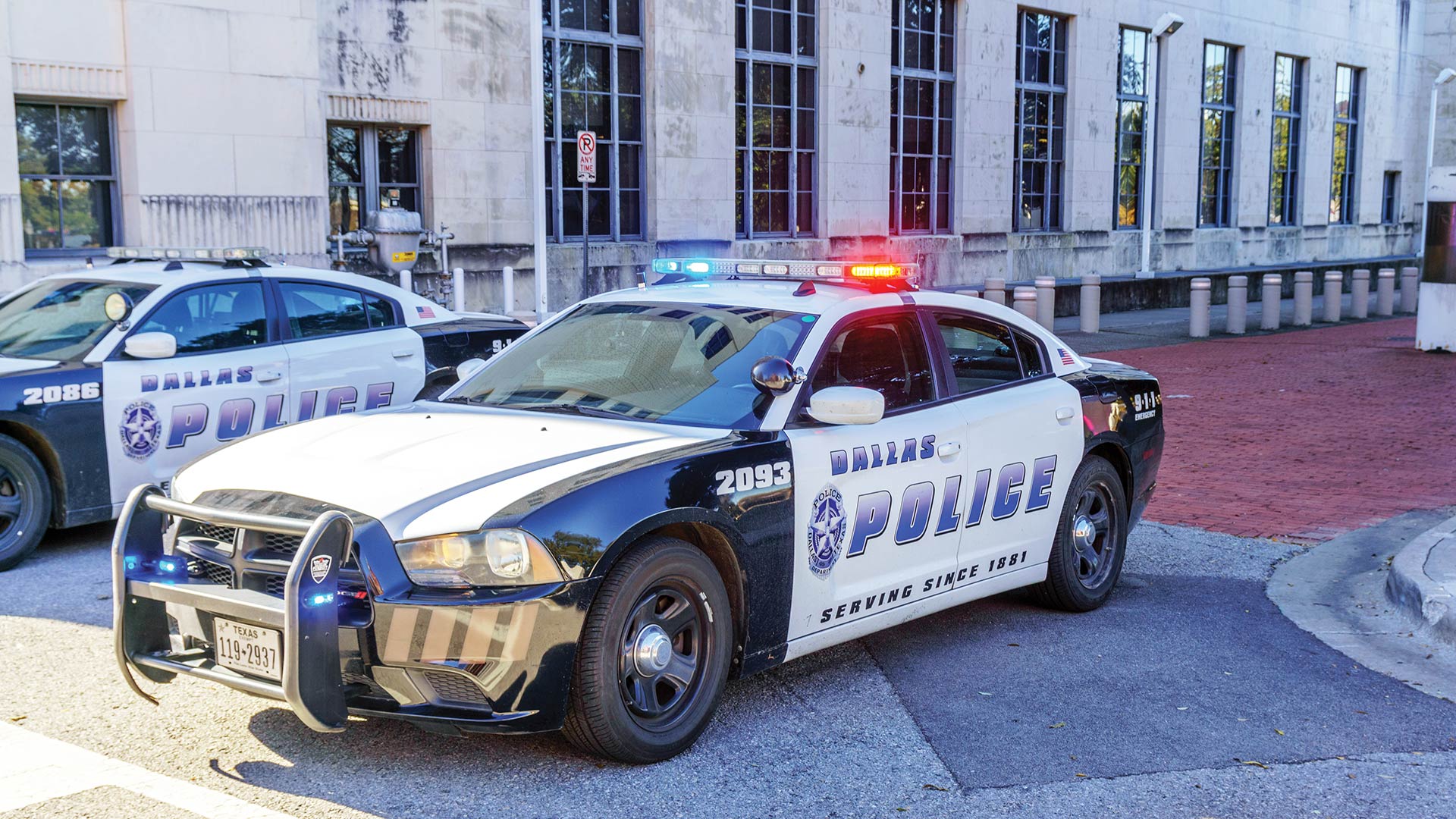[ad_1]

The Dallas Police Department is rolling out a new Constitutional Policing Unit. According to area news reports, the new group is composed of three sworn officers and five civilians, with a criminal justice expert from Tarleton State University serving in an advisory role. Though local news outlets didn’t provide specific details about the unit’s day-to-day activities, it appears to be focused on training as well as police reform, transparency and accountability.
During a meeting with the Dallas City Council’s Public Safety Committee in December, Chief Eddie Garcia gave one example of the unit’s responsibility: training officers to be “active bystanders.” This training would focus on encouraging officers to intervene when they witness inappropriate conduct from fellow officers or supervisors. The new unit will launch its own website sometime this year.
The Constitutional Policing Unit isn’t the only reform-minded initiative to come about during Garcia’s tenure. The department has also implemented a Tactical Training Group that brings together the most experienced officers in the agency to conduct best practices training for the department’s various special units. The department has also implemented body cameras for all street-level officers and an expedited process for misconduct complaints.
Despite these numerous reform initiatives, some people aren’t convinced. Changa Higgins, an activist who has led protests against the Dallas P.D., is a member of the Community Police Oversight Board that reviews discipline and policy. Responding to the constitutional policing initiative, he stated, “This looks like a workaround of the Office of Police Oversight. We don’t want workarounds. We want a real empowered oversight board …”
Higgins’ response makes clear the difficulty faced by reform-minded agencies like the Dallas P.D. While many activists view policing as a function that needs to be monitored and constantly improved, some seem to consider it inherently flawed and in need of control.
Fortunately for the Dallas P.D., the majority of the feedback about the initiative seemed positive. Councilmember Gay Donnell Willis praised the program, and even went so far as claiming that most of the positive steps discussed had “already been happening.”
[ad_2]




